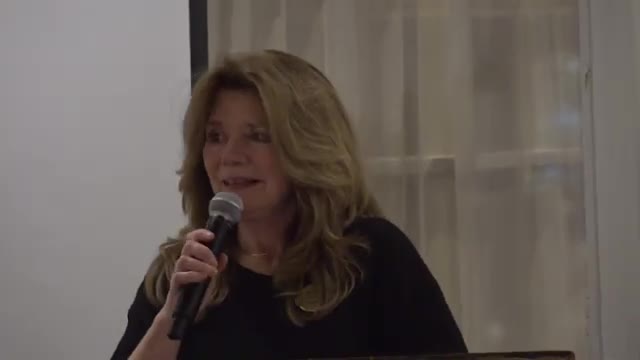Town supervisor outlines finances, workforce housing, short‑term rental rules and preservation study
Get AI-powered insights, summaries, and transcripts
Subscribe
Summary
Town Supervisor Elizabeth reviewed town finances, workforce housing plans, a new short‑term rental law, transfer of a sewer district to Dutchess County, and proposed a community preservation fund and other park and environmental projects.
Town Supervisor Elizabeth delivered a broad update on town finances, housing work and local policy developments, saying the town is generally in good fiscal shape while continuing to plan for growth and preservation.
Elizabeth (first name only in the record) said the town held roughly $3,000,000 in reserves and carries about $250,000 in loans, and that the 2025 town budget was about $7,000,000 with roughly $3,000,000 funded from taxes. “You have the lowest municipal rate in the whole county here,” she said, citing a town tax rate of $0.90 and a village share of $0.70 (mill rate language as described by the speaker).
On housing, Elizabeth said workforce housing efforts have been ongoing for years and recalled a 2019 local law that established two districts intended for workforce housing projects. She described a recent developer purchase of hospital property where town officials constrained density compared with what the parcel could allow: “If it weren't developed as workforce housing, the density could be five times what it is,” she said. She said the town will make a road through the development a town road so school busing and family access are feasible.
Elizabeth said the town transferred the Vanderburgh Cove Sewer District to Dutchess County Water and Wastewater. “That took about 10 years,” she said, and noted the county agency now operates the system with greater engineering and maintenance capacity.
The supervisor described adoption of a short‑term rental law that permits rentals in a primary residence (including accessory dwellings) but restricts unregulated investor‑style rentals. “If it's your primary residence and you're there, you can do whatever you want,” she said, describing the town’s enforcement intent.
On preservation, Elizabeth said the town will study a community preservation fund to protect farmland and key open‑space parcels; she described it as potentially subject to referendum. She also listed park upgrades (skate park improvements, ball field fences, expanded parking, bocce courts), grants for electric vehicles and heat pumps (she cited $110,000 in grants with $10,000 for an EV and $100,000 for heat pumps), and plans to install biofilters at the capped landfill to reduce emissions.
She noted transportation and infrastructure concerns: a county road washout near Norwood (South Mill Road/County Road 85) remains under county review, and the town will keep pursuing state aid to replace a flagged bridge where grant applications have been denied. Elizabeth also raised the need to explore water districts in parts of the town that receive village water so the village can access funding mechanisms to maintain infrastructure.
Ending: Elizabeth closed by thanking staff, trustees and partners and by urging continued public engagement on major projects and the proposed preservation study.
